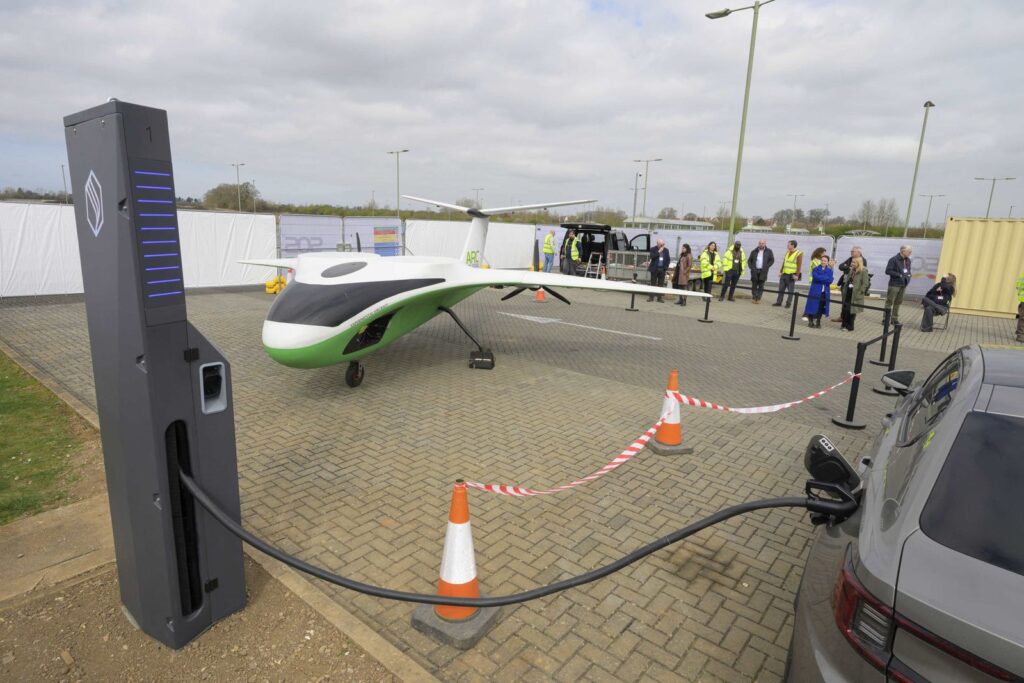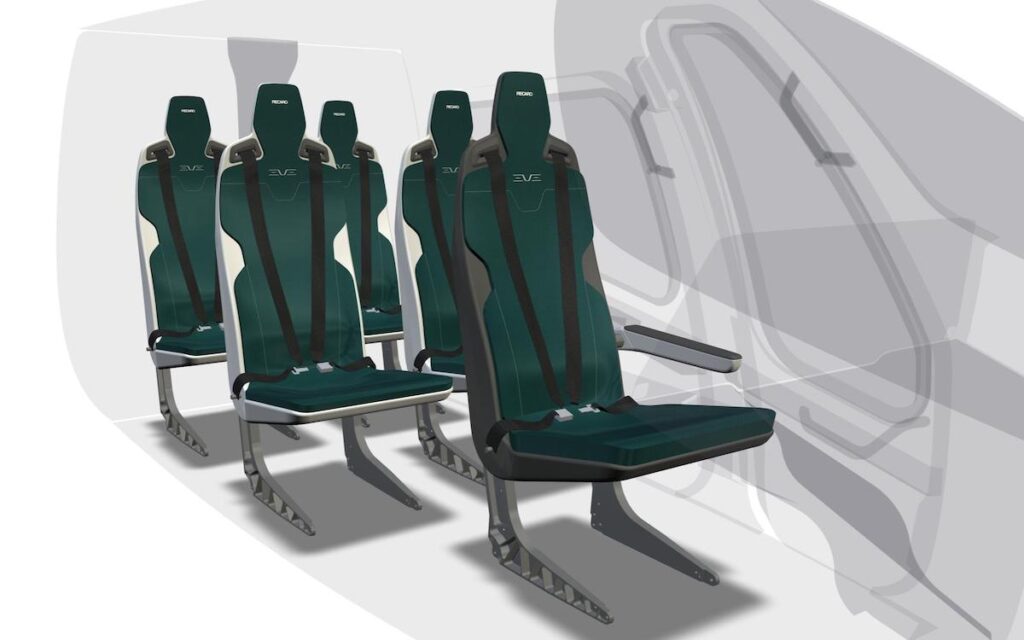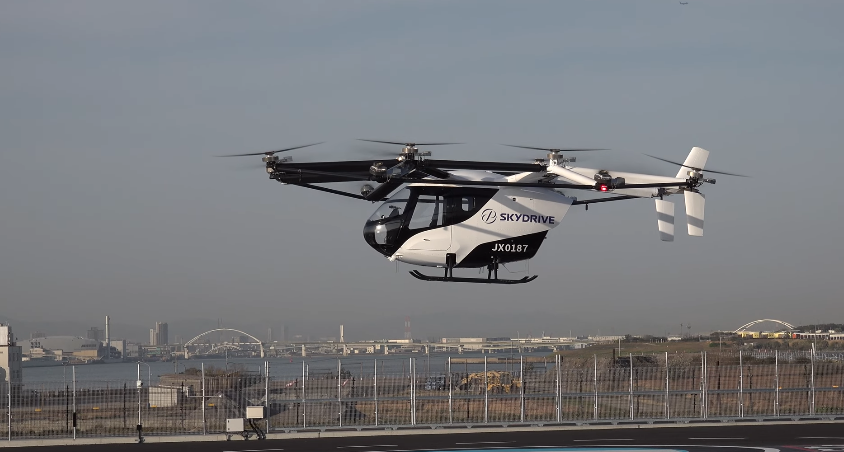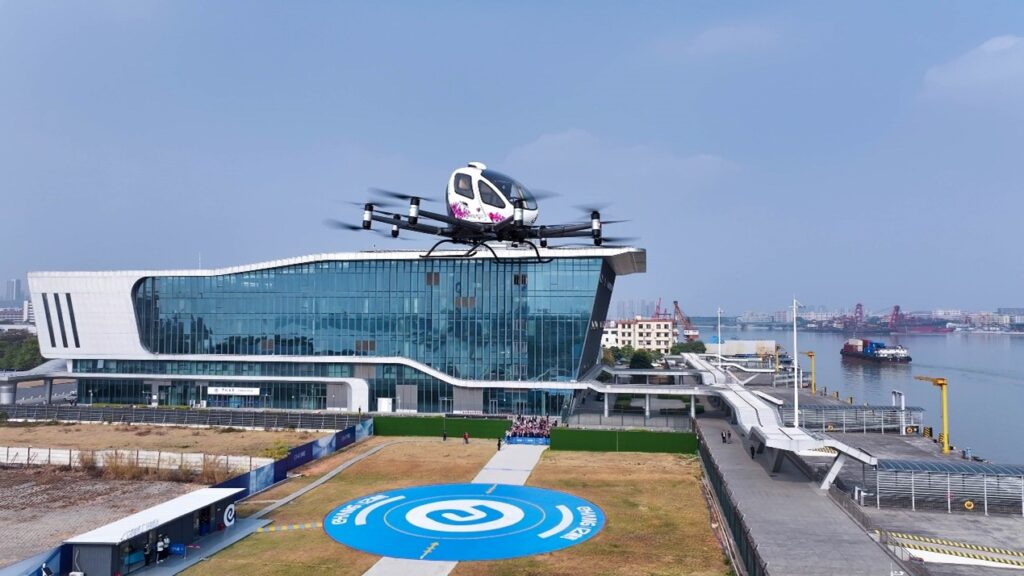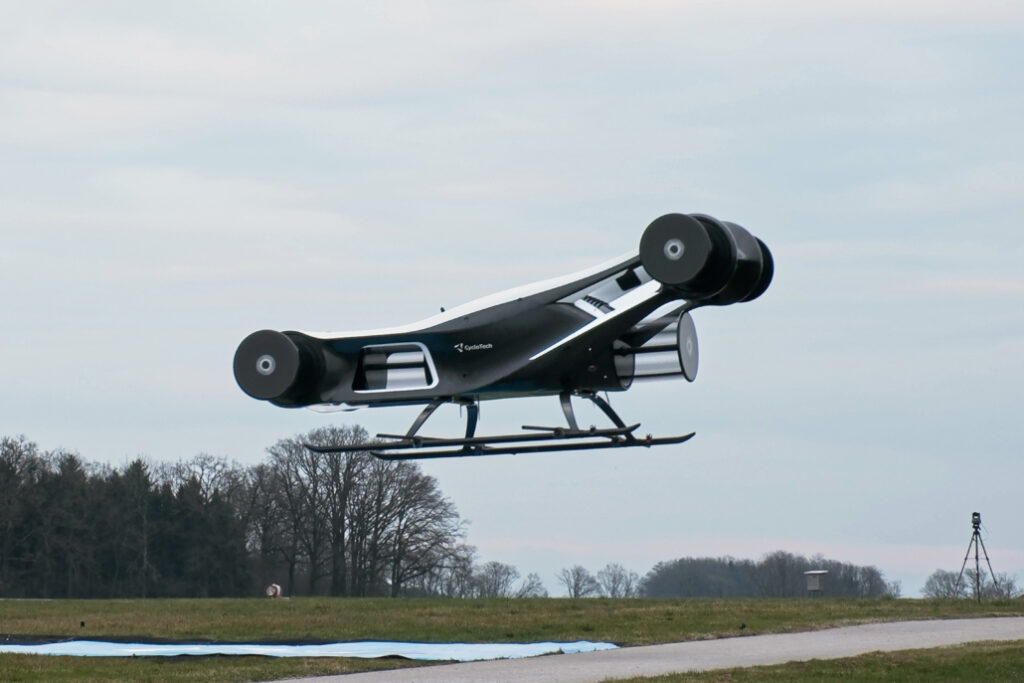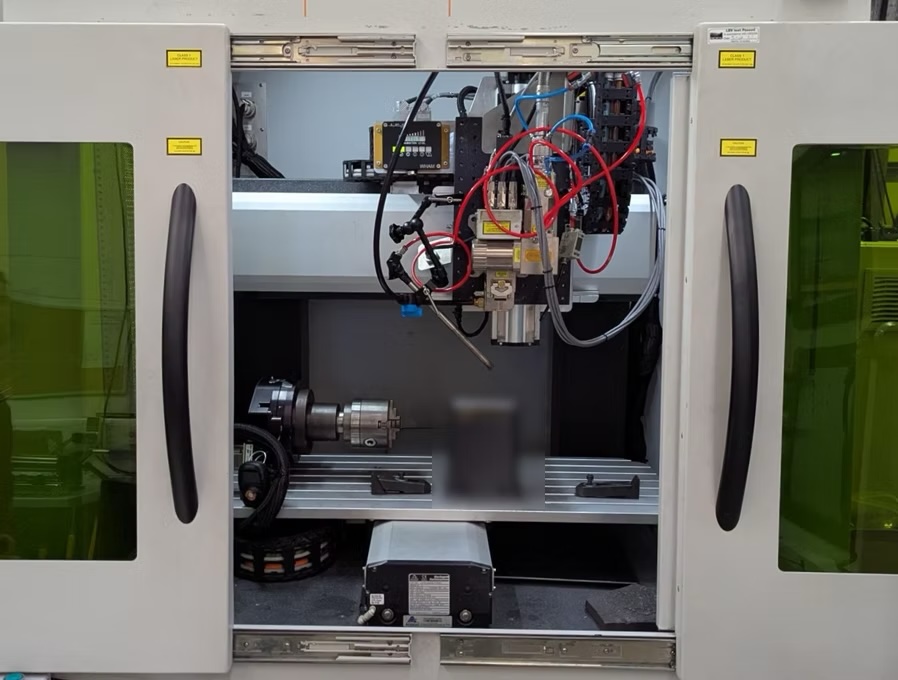As the market for hydrogen-fuelled air mobility vehicles develops, the requirement for lightweight, safe and reliable hydrogen storage materials increases.
A liner is a core component required to store hydrogen in a fuel tank’s internal container and prevent leakage. Korean textile company Hyosung TNC has successfully developed a nylon liner for hydrogen vehicle fuel tanks with its own technology, the first of its kind for a Korean company.
According to Hyosung TNC, its nylon lining material is superior to conventional metal and high-density polyethylene (HDPE) liner materials in a number of ways. It is 70% lighter than metal and 50% lighter than HDPE. The gas barrier property that prevents leakage of hydrogen gas is also 30% higher than metal and 50% higher than HDPE.
Unlike metal liners which can become brittle when exposed to hydrogen for a long period of time, nylon has low hydrogen absorption and air permeability, so does not become brittle. What’s more, HDPE liners cannot withstand the 700bar pressure required by typical hydrogen electric vehicles.
Hydrogen container liners must be able to withstand rapidly changing temperature fluctuation caused by frequent charging and discharging of hydrogen and the nylon liner has excellent impact resistance against to it from -40 to 85 degrees Celsius.
Hyosung TNC’s nylon-applied hydrogen container passed the hydrogen container international quality standard (UN/ECE R134) in June. Commercial tests are planned in cooperation with hydrogen fuel tank manufacturers and automakers.
Hyosung TNC’s Chairman, Cho Hyun-Joon, commented, “Hyosung TNC’s development of nylon liner material demonstrates, even in the textile industry, which has been regarded as a declining industry, the innovation that transforms it into a key material for the high-tech hydrogen industry, can happen if it’s supported by technology. We will contribute to the development of the future eco-friendly energy industry with the technology of materials and textiles.”




